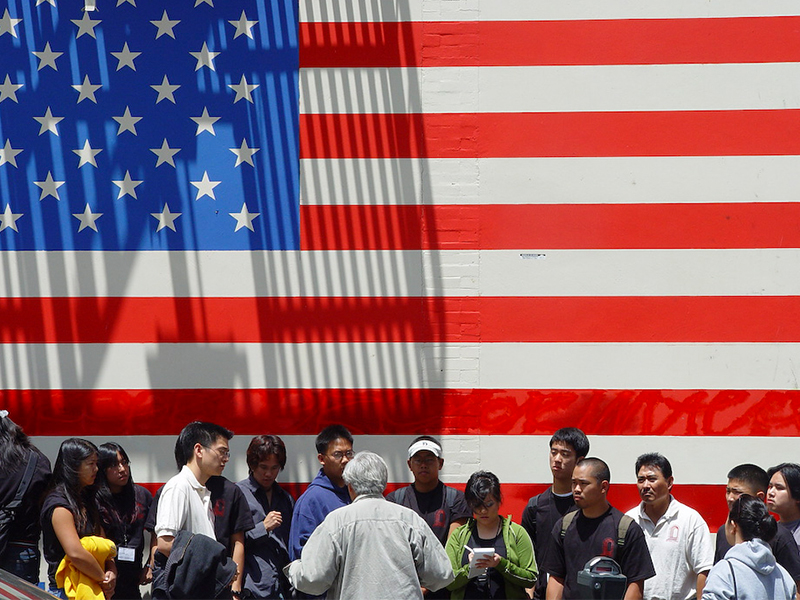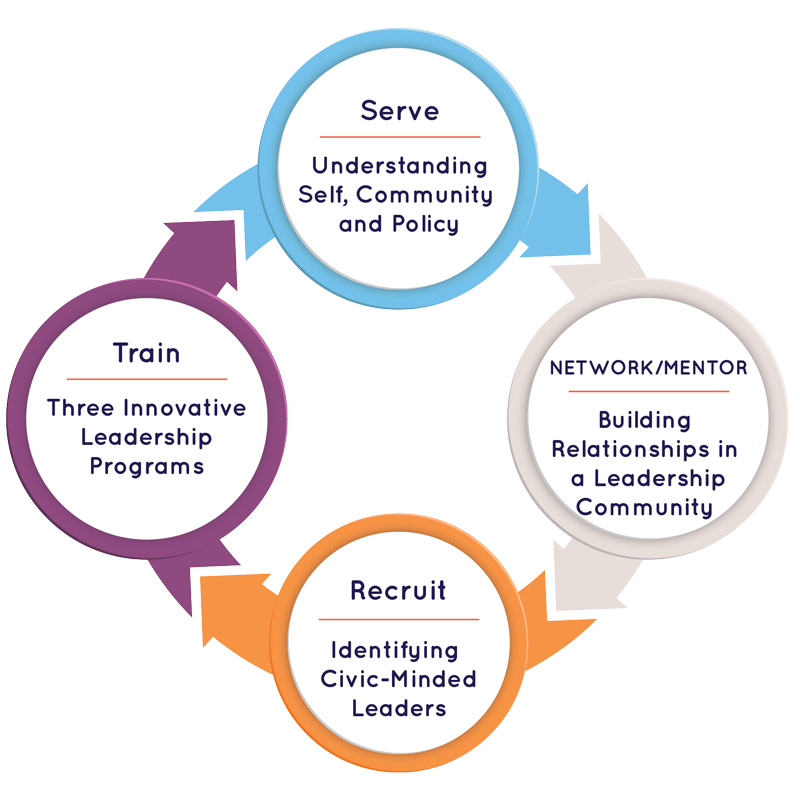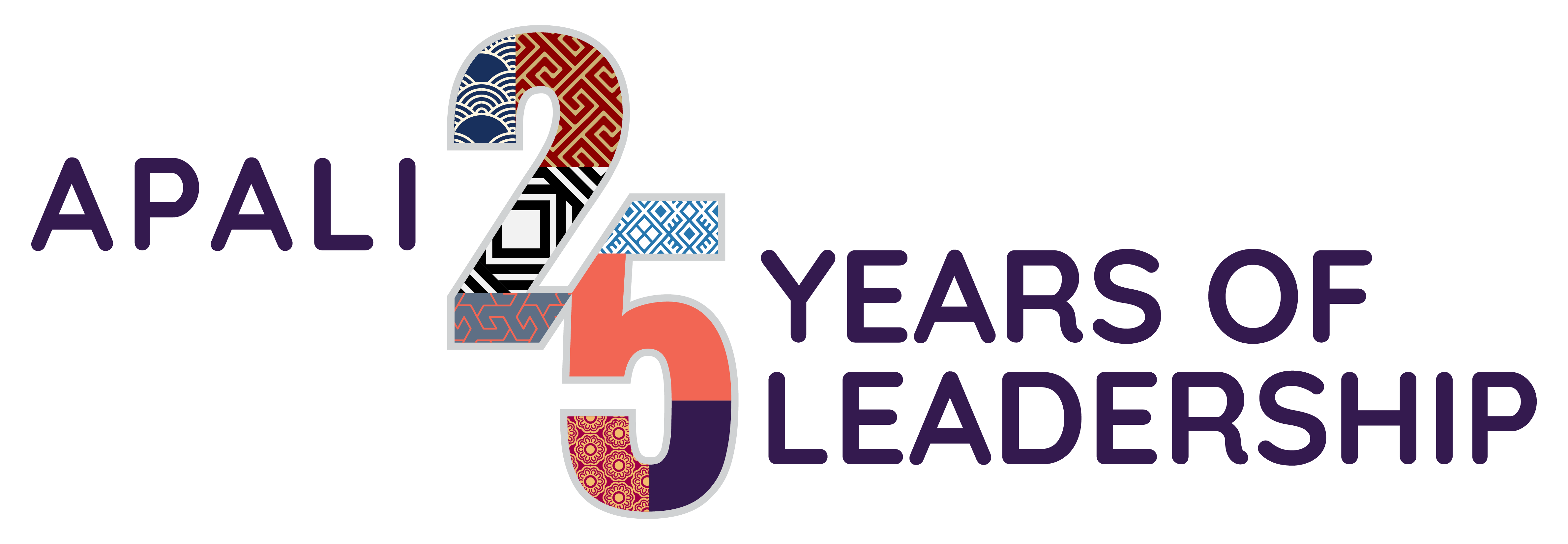About Us

MISSION STATEMENT
APALI’s mission is to build community power through developing civic-minded leaders, closing the leadership gap, and building a community of public leaders to increase representation, equity, and social justice.
Leadership Development Model
The APALI Leadership Training Model combines innovative training and community building to develop a pipeline of leaders committed to improving life of the community, through political and non-political processes.
APALI training is holistic, community-based, culturally-informed, cross-generational and the resulting experience is typically transformational.
APALI training inpires leaders of today and tomorrow to grow through a combination of developing awareness, knowledge, skills, values, motivation, and community to make a difference.

- MoreAlumni provide leadership in government, nonprofit, education, business and other sectors.
- MoreAn alumni community designed to support each other’s growth and civic leadership career.
- MoreAlumni fill civic leadership pipeline for a new generation by nominating and mentoring participants for APALI training programs.
- MoreLeaders/activists participate in Civic Leadership Program, while students participate in Summer Internship Program and Youth Leadership Academy.
Our History
1997: Establishing APALI
When Dr. Michael Chang became the first Chinese American mayor of Cupertino in 1997, he established APALI to address the acute need for Asian Americans to serve as political and civic leaders. With strong support from Chinese immigrants from the tech sector who were successful and civic-minded, APALI’s inaugural banquet raised over $100,000 and was attended by over 400 public officials and community leaders.
1999: Developing Three Keystone Civic Leadership Programs
APALI developed three signature leadership programs at De Anza College. In 1999, a Youth Leadership Academy was established for students to develop cultural/identity awareness, personal leadership, and explore community empowerment and civic career options. In 2004, we developed a Summer Internship Program for a team of college students to learn through leading the Youth Leadership Academy. In 2007, a Civic Leadership Program was created to help community leaders, activists, and volunteers further their leadership journeys with support provided by a community of civic leaders.
2006: Convening a Community of Civic Leaders
APALI began to formally build a civic network of impactful leaders and initiated what is today the APALI Fellows Network for Public Officials. Three years later, APALI gathered its graduates to form an APALI Alumni Network. Both programs aim to build a community of effective civic leaders through leadership sharing, networking, continued training, and annual events.
2017: Celebrating Two Decades of Civic Impact
APALI celebrated its 20th anniversary with a publication entitled 120 Under 40: Celebrating Alumni Civic Journeys which recognized the contributions of 120 alumni in the public, private, and nonprofit sectors providing leadership in policy, advocacy and education.
2022: APALI Celebrates 25th Anniversary
APALI celebrated its 25th anniversary last year by launching a Board Leadership Academy inaugural class and the publication of Leadership Lessons by 50 inspiring APALI alumni in leadership positions.

NON-DISCRIMINATION STATEMENT
Asian Pacific American Leadership Institute (APALI) affirms its commitment to equality of opportunity for all individuals. This commitment requires that no discrimination shall occur in any program or activity of APALI on the basis of race, color, religion, national origin, ancestry, sex, gender identity, gender expression, physical or mental disability, medical condition, pregnancy, age, marital or partnership status, sexual orientation, genetic information, covered veteran status, or any other classification prohibited by local, state, or federal laws.
